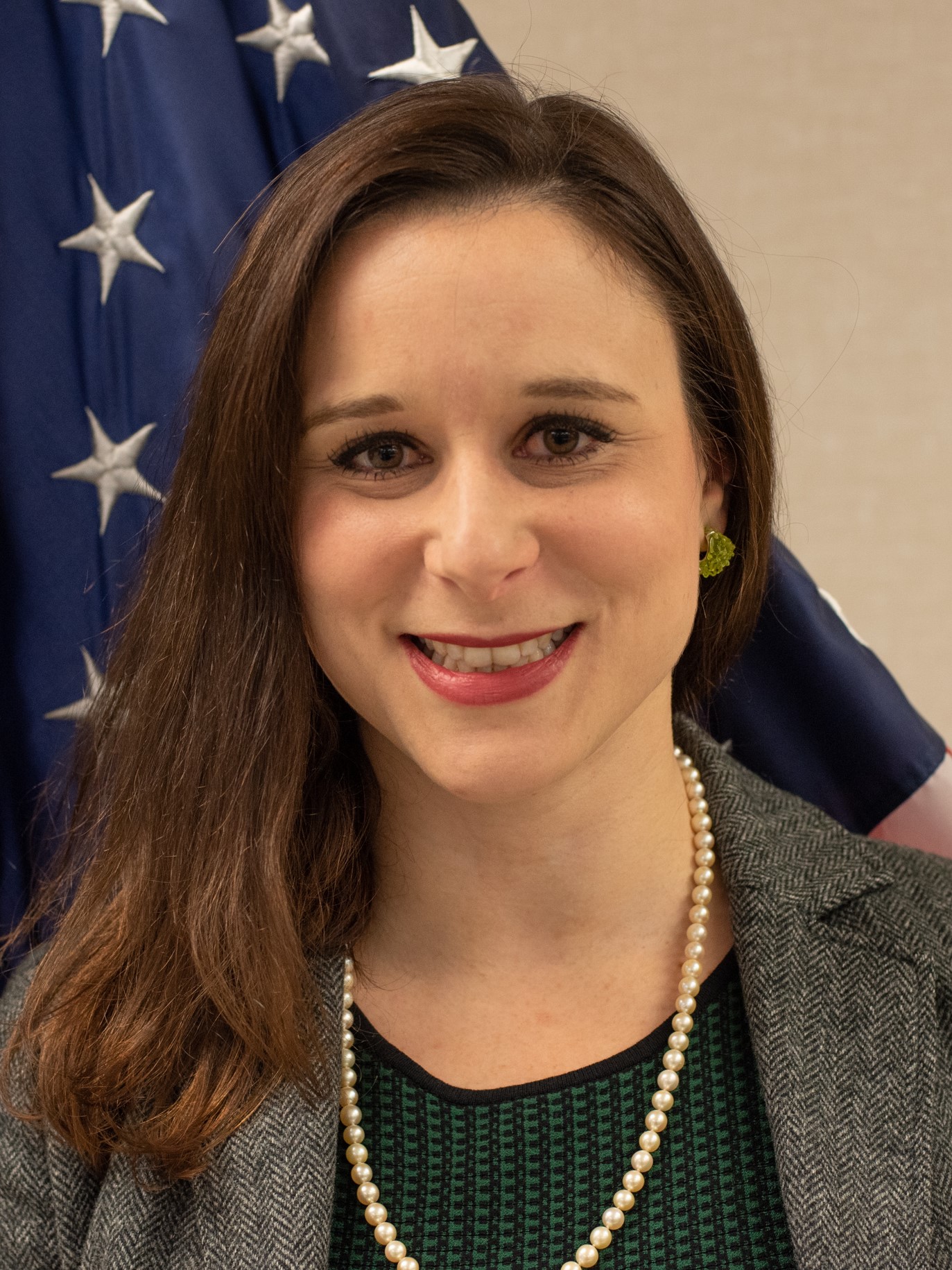Events
All Content
Erica Borghard was a resident senior fellow with the New American Engagement Initiative at the Scowcroft Center for Strategy and Security, which aims to critically examine the core assumptions of American grand strategy and propose fresh, innovative ideas for US foreign policy. Erica’s own work addresses US grand strategy, with a particular focus on the strategic implications of emerging technologies; public-private partnerships and resilience; and covert action and proxy warfare.
Erica continues to serve as a senior director on the US Cyberspace Solarium Commission, a Congressional commission established to develop a comprehensive national strategy to defend the United States in cyberspace. Previously, Erica was an assistant professor in the Army Cyber Institute at the United States Military Academy at West Point. Prior to that, Erica was a Council on Foreign Relations international affairs fellow, with placement at JPMorgan Chase and US Cyber Command. Erica also served as an assistant professor and executive director of the Rupert H. Johnson Grand Strategy Program in the Department of Social Sciences at West Point.
Erica has published on topics ranging from grand strategy, cyber strategy and policy, coercion and military intervention, and international crisis bargaining. Her academic work has appeared in numerous journals, including American Political Science Review, Security Studies, Strategic Studies Quarterly, Orbis, The Cyber Defense Review, and Survival. Erica has also published opinion pieces in outlets such as The National Interest, Lawfare, War on the Rocks, NetPolitics, and The Washington Post. Erica’s co-edited book volume, US National Security Reform: Reassessing the National Security Act of 1947, explores the evolution of American grand strategy and offers policy recommendations for the contemporary environment. Erica’s co-authored book, Escalation Dynamics in Cyberspace, forthcoming in 2021 with the Bridging the Gap series at Oxford University Press, challenges the conventional wisdom about escalation risks in cyberspace. She is also currently editing a book volume on the research behind the Cyberspace Solarium Commission’s work, as well as writing her forthcoming book on proxy warfare.
Erica received her PhD in Political Science from Columbia University. She is a term member at the Council on Foreign Relations and an adjunct research fellow at the Saltzman Institute of War and Peace Studies at Columbia University.

